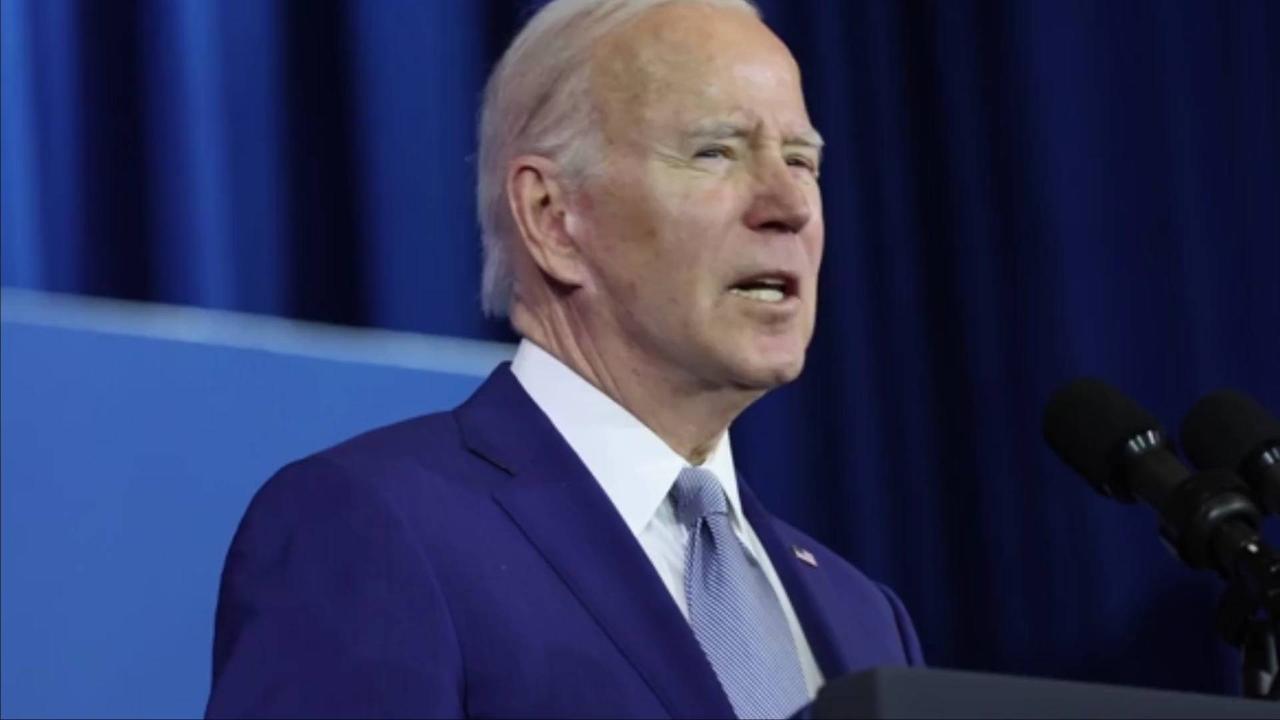
Biden Looks to Expand, Access to Child Care , With Executive Order.
On April 18, President Joe Biden signed an executive order packed with directives meant to increase access to child care and improve the lives of caregivers.
On April 18, President Joe Biden signed an executive order packed with directives meant to increase access to child care and improve the lives of caregivers.
According to the White House, the executive order and the over 50 directives it contains will be funded by existing commitments.
AP reports that is likely to mean that the impact of the directives may be limited and end up being more symbolic.
.
In 2021, Biden called for over $425 billion to boost access to child care, improve affordability and increase wages for caregivers.
In 2021, Biden called for over $425 billion to boost access to child care, improve affordability and increase wages for caregivers.
AP reports that Biden's 2024 budget plan also called for more money for the care economy, in sharp contrast to Republicans looking to cut spending.
AP reports that Biden's 2024 budget plan also called for more money for the care economy, in sharp contrast to Republicans looking to cut spending.
According to Susan Rice, director of the White House Domestic Policy Council, the executive order highlights that the administration is not waiting on Congress to act.
According to Susan Rice, director of the White House Domestic Policy Council, the executive order highlights that the administration is not waiting on Congress to act.
The child care, long-term care systems in this country just don’t work well.
High-quality care is costly to deliver.
It’s labor-intensive.
It requires skilled workers.
, Susan Rice, Director of the White House Domestic Policy Council, via Associated Press.
The child care, long-term care systems in this country just don’t work well.
High-quality care is costly to deliver.
It’s labor-intensive.
It requires skilled workers.
, Susan Rice, Director of the White House Domestic Policy Council, via Associated Press.
Yet care workers, who are disproportionately women and women of color and immigrants, are among the lowest paid in the country, Susan Rice, Director of the White House Domestic Policy Council, via Associated Press.
Yet care workers, who are disproportionately women and women of color and immigrants, are among the lowest paid in the country, Susan Rice, Director of the White House Domestic Policy Council, via Associated Press.
AP reports that the order looks to improve access to child care for federal workers and includes military families.
The order also includes plans to lower costs for families that are part of the Child Care & Development Block Grant program.
